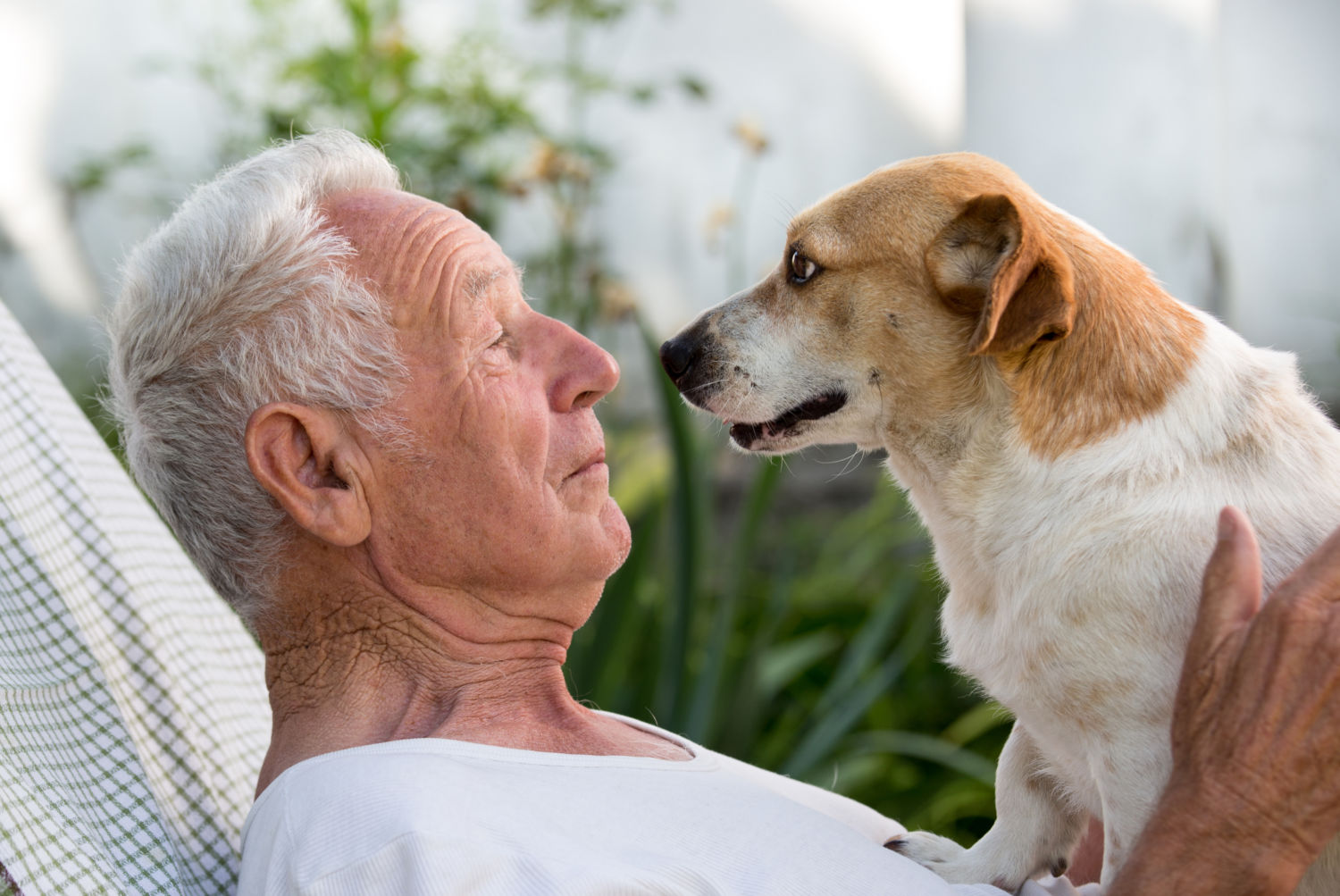We all know animals make life better—just ask anyone who’s ever been cheered up by a wagging tail or a purring lap warmer. But for elderly folks, animals do more than provide company; they transform their day-to-day existence. Let’s dive into the funny (and heartwarming) world of animal caregivers for seniors—pets and trained therapy animals that are bringing joy, chaos, and cuddles to golden years.
1. The “Snack Thief” Syndrome
When a senior adopts a caregiver animal, it’s not just companionship they’re getting—it’s also a new dinner critic. Dogs become professional crumb catchers, and cats develop radar for unattended tuna sandwiches.
Why It’s Funny: Picture a 92-year-old negotiating with a Chihuahua over the last cookie. Spoiler alert: the dog always wins.
The Upside: They might be snack thieves, but these animals also encourage seniors to stay active by sharing meals or sneaking in extra walks (to “find” another snack).
2. A Built-In Alarm Clock That’s Always Set to 6 AM
Forget sleeping in! Therapy pets and companion animals have an uncanny ability to know exactly when breakfast should be served (whether it’s 6:00 a.m. or 5:59). Seniors with pets are lovingly jolted awake by wet noses, whiskers, or the occasional bark demanding punctual service.
Why It’s Funny: Who needs an alarm clock when your dog thinks you’re late for breakfast?
The Upside: It keeps seniors on a healthy routine, which is important for their mental and physical well-being—even if it means giving up their dreams of lazy mornings.
3. Unlikely Roommates and Fun Quirks
Animal caregivers come in all shapes and sizes: dogs, cats, birds, and even miniature horses. Each brings their own personality, which often leads to hilarious and unexpected interactions. Imagine a parrot that talks back to Grandma or a goldfish that gets fed five times because Grandpa “forgot.”
Why It’s Funny: A feisty parrot sassing seniors about their choice of TV shows? Comedy gold.
The Upside: These quirky animals encourage laughter and creativity, which can be great for cognitive stimulation. Bonus points if Grandma starts teaching her bird to say “Bingo!”
4. “The Escape Artist Chronicles”
From dogs finding the only hole in the yard to cats squeezing through the tiniest window, animal caregivers have a knack for turning seniors into amateur detectives. Pet-proofing becomes an Olympic sport as these furry Houdinis test their limits.
Why It’s Funny: Watching Grandpa run down the block with a leash yelling, “Mr. Pickles, come back!” is sitcom-level entertainment.
The Upside: These mini-adventures get seniors outside and moving, which is always good for the body and soul.
5. The Ultimate Icebreakers
Animals are social magnets, making it easier for elderly individuals to connect with others. Whether it’s a dog sparking conversations during walks or a therapy rabbit charming the entire senior home, these animals create opportunities for human connection.
Why It’s Funny: Pets somehow convince seniors to share embarrassing stories. (“He chewed my dentures last week!”)
The Upside: Pets don’t just keep seniors company—they also build communities, helping them fight loneliness and maintain social ties.
Final Thought:
Animal caregivers bring joy, routine, and sometimes utter chaos to the lives of elderly individuals, but that’s the beauty of it. Whether it’s a mischievous dog, a sarcastic parrot, or a snoozing cat, these companions prove that love—and laughter—comes on four legs, two wings, or even a fin. Seniors may gain a few paw prints on their furniture, but they also gain a best friend for life.

